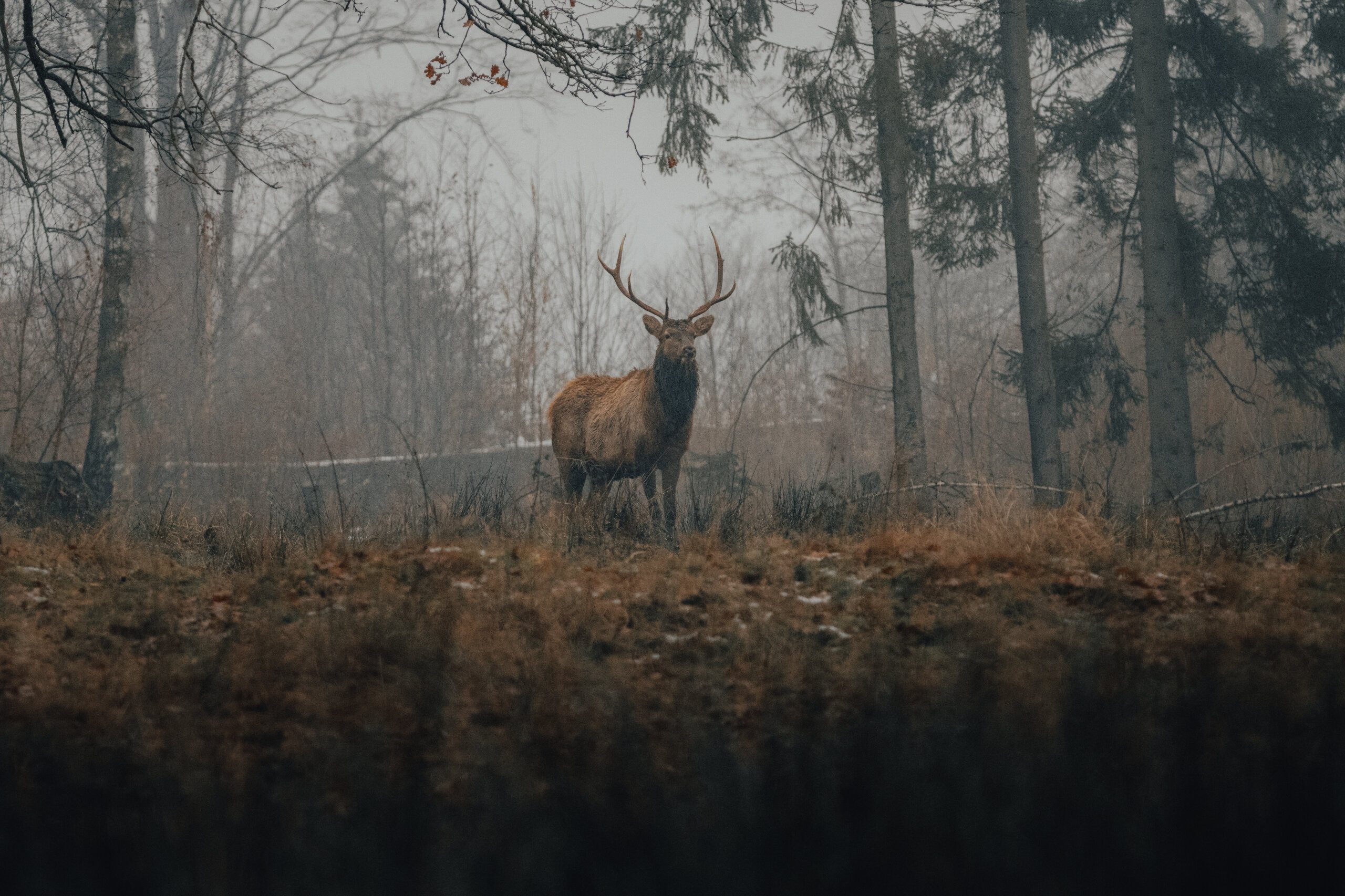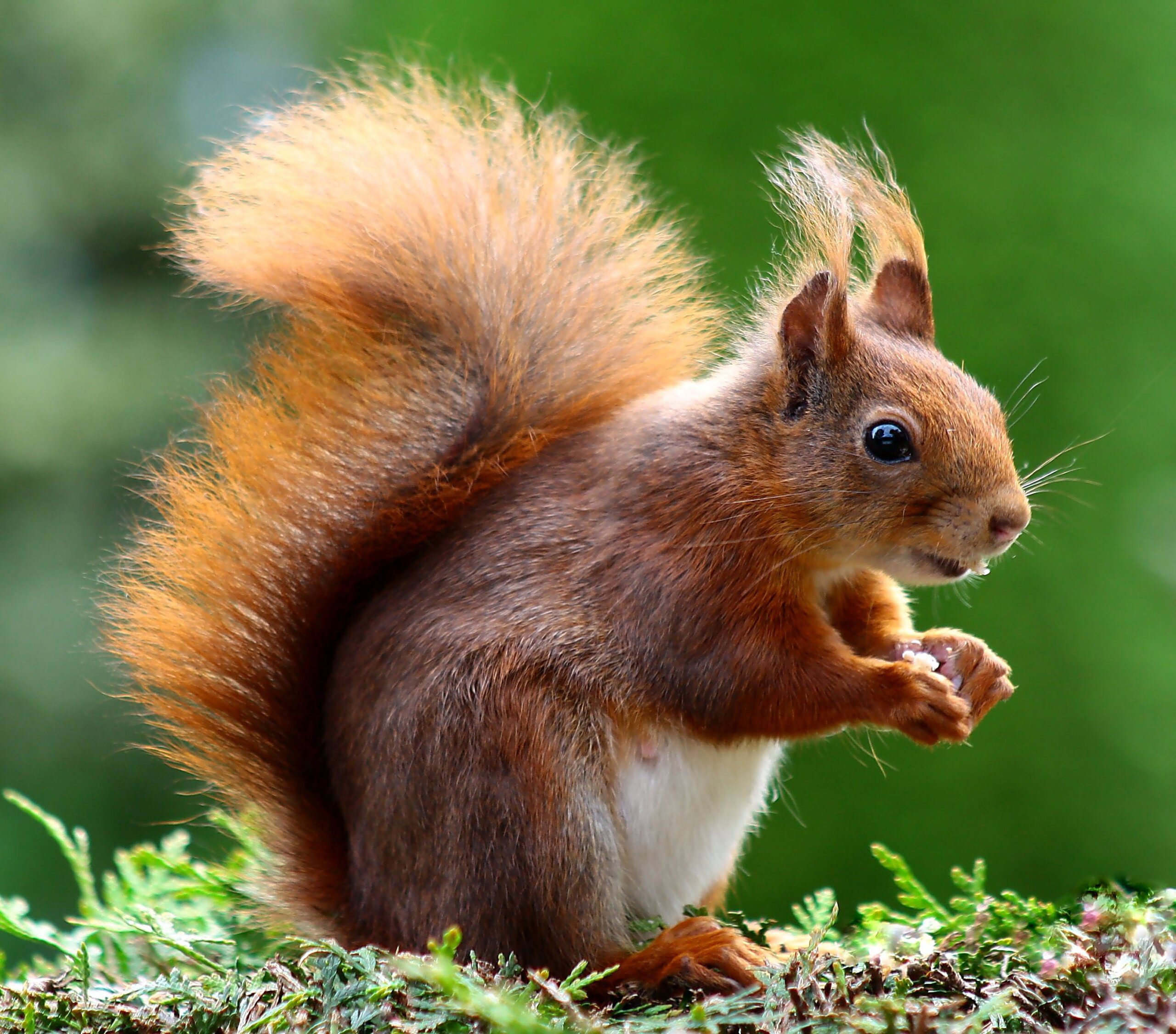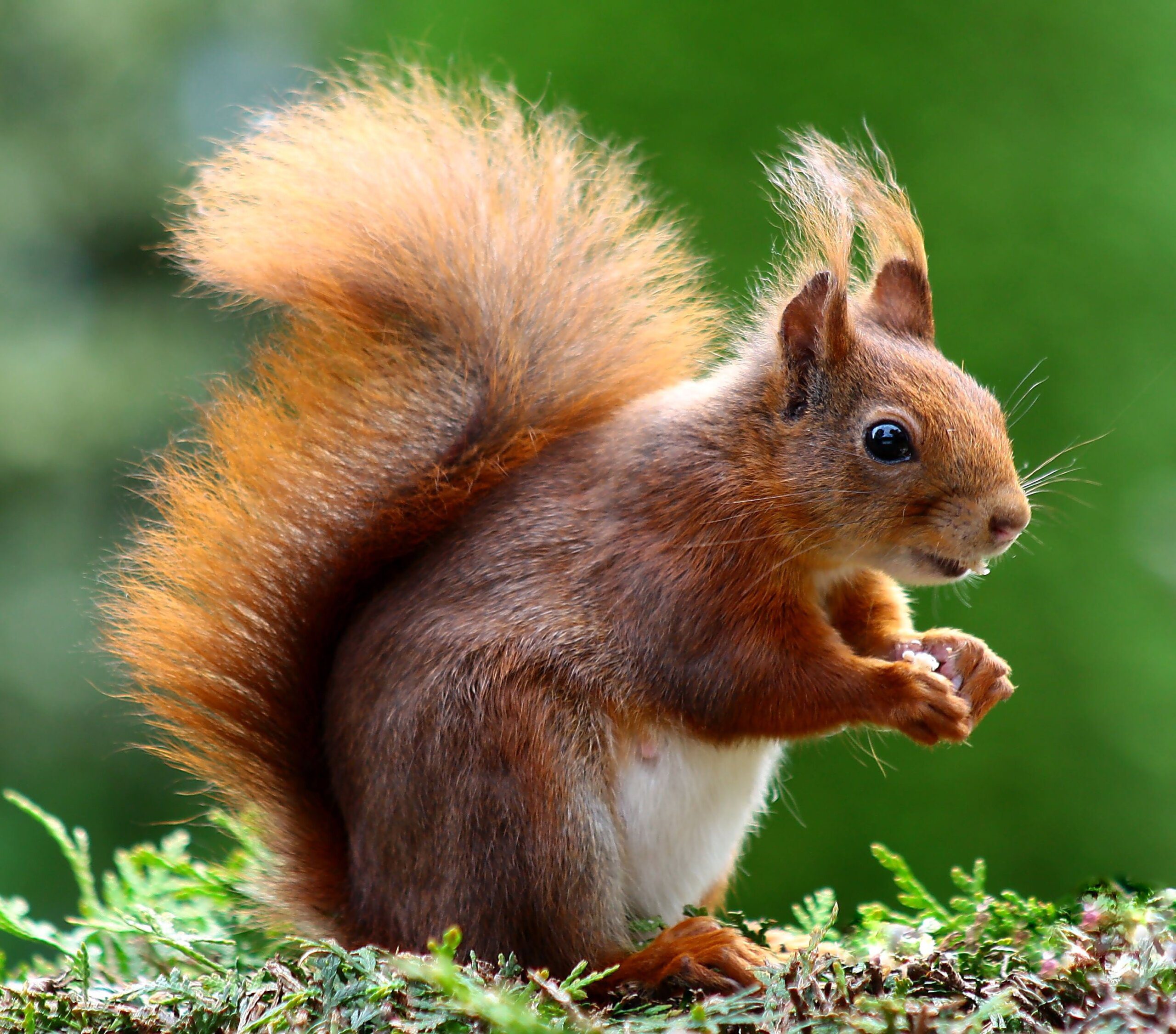So you’ve heard about these adorable and unique creatures called capybaras, and you can’t help but wonder if you could actually have one as a pet. Well, let’s explore the fascinating world of capybaras and delve into the question of whether or not you can bring one into your own home. These gentle giants, resembling oversized guinea pigs, have been gaining popularity as exotic pets, but the answer to whether or not you can have a pet capybara is not as straightforward as you might think. Let’s uncover the truth about owning a capybara and discover if these charming creatures could become your new furry friend.

Capybara Basics
Capybaras are fascinating creatures that are native to South America. They are the largest rodents in the world, reaching an average weight of 100 pounds and a length of 4 feet. Despite their size, they are known for their friendly and social nature, which has made them increasingly popular as exotic pets.
Physical characteristics
Capybaras have a unique appearance with their stocky bodies, short heads, and long, barrel-shaped bodies. They have short, coarse fur that can range in color from brown to gray, and their eyes and nostrils are located on top of their head, allowing them to see and breathe while swimming. Capybaras also have webbed toes, which enable them to navigate through water with ease.
Habitat and natural behavior
In the wild, capybaras can be found in a variety of habitats, including marshes, swamps, and riverbanks. They are excellent swimmers and spend a significant amount of time in water to avoid predators, regulate their body temperature, and find food. Capybaras are highly social animals and typically live in groups called herds, which can consist of 10 to 20 individuals. They are known to be very vocal, communicating through a range of sounds, including purrs, whistles, and barks.
Diet
Capybaras are herbivores, meaning they mainly eat plants. Their diet primarily consists of grasses, aquatic vegetation, and various types of vegetation found near water sources. To maintain a healthy diet in captivity, it is important to provide them with a variety of fresh vegetables, fruits, and high-quality hay. It is crucial to avoid feeding them foods that are toxic to other animals, such as chocolate, caffeine, and onions.
Legality and Regulations
Before considering owning a capybara as a pet, it is essential to understand the legal considerations and regulations surrounding their ownership. While capybaras are legal to own in some areas, they are considered exotic pets and may require permits or licenses.
Legal Considerations
The legality of owning a capybara varies depending on your location. Some countries and states have specific regulations and restrictions on exotic pet ownership, which may include capybaras. Make sure to thoroughly research the laws in your area and consult with local authorities to ensure you are compliant with any legal requirements.
Local Regulations
Even if capybaras are permitted in your area, there may be additional local regulations or ordinances that you need to adhere to. These regulations may specify enclosure size and safety requirements, as well as zoning restrictions. It is crucial to familiarize yourself with these regulations to provide a safe and suitable environment for your pet capybara.
Permits and Licenses
In many cases, owning a capybara will require obtaining permits or licenses. These permits are often issued by wildlife or health departments and may involve certain fees and requirements. It is important to complete the necessary paperwork and provide any required documentation to ensure you are in compliance with the law.

Capybara as Pets
Capybaras have gained popularity as exotic pets due to their unique characteristics and friendly temperament. However, before deciding to bring a capybara into your home, there are several important factors to consider.
Suitability as a pet
Capybaras are not suitable for every household. They require a significant amount of attention, care, and space, making them better suited for experienced owners who have the time and resources to dedicate to their well-being. Additionally, they are highly social animals and thrive when they have companionship, so owning just one capybara may not be ideal.
Size and space requirements
Due to their large size, capybaras need ample space to roam and engage in natural behaviors. Ideally, they should have access to both indoor and outdoor areas, with a dedicated enclosure that provides enough room for them to move around comfortably. It is also important to note that capybaras are expert diggers, so secure fencing and escape-proof enclosures are essential.
Socialization and companionship
Capybaras are highly social creatures and benefit from living in groups. If you are considering owning a capybara, it is recommended to have at least two individuals to provide them with the companionship they need. Socialization with other animals, such as dogs or cats, can also be beneficial for their overall well-being. However, it is crucial to introduce them gradually and supervise their interactions to ensure everyone’s safety.
Caring for a Pet Capybara
Owning a pet capybara requires a significant commitment in terms of time, effort, and resources. Providing a suitable environment, proper nutrition, and regular grooming are all essential aspects of capybara care.
Enclosure and environment
Creating an appropriate enclosure is crucial for the well-being of your pet capybara. The enclosure should be large enough to allow for natural movement, contain access to water for swimming, and have areas for sunning and resting. Additionally, the enclosure should be escape-proof and provide protection from extreme temperatures.
Feeding and nutrition
Maintaining a healthy diet is vital to the overall health of your capybara. Their diet should consist mainly of fresh vegetables, such as leafy greens, carrots, and squash, as well as a variety of fruits. High-quality hay should also be provided to mimic their natural grazing habits. It is important to consult with a veterinarian specializing in exotic animals to ensure the proper nutritional needs are met.
Grooming and hygiene
Capybaras are relatively low-maintenance when it comes to grooming. However, they require regular nail trimming and dental check-ups to prevent overgrowth and other potential issues. Additionally, keeping their enclosure clean and providing access to fresh water for swimming is crucial for maintaining their hygiene.

Health and Veterinary Care
Capybaras, like any other pets, are susceptible to various health issues and require regular veterinary care to ensure their well-being.
Common health issues
Capybaras are prone to certain health issues, including dental problems, skin infections, and obesity. Dental care is particularly important as their teeth continually grow, and without proper maintenance, they can develop overgrowth and cause discomfort. Regular veterinary check-ups can help identify and treat any potential health concerns.
Finding a veterinarian
Finding a veterinarian with experience in treating exotic animals, particularly capybaras, is essential. These specialized veterinarians will have the knowledge and expertise needed to provide appropriate care and treatment. It is recommended to establish a relationship with a veterinarian before bringing a capybara into your home to ensure you have access to the necessary veterinary care.
Vaccinations and preventive care
While there are no specific vaccines for capybaras, it is still important to follow a preventive care schedule recommended by your veterinarian. This may include regular check-ups, vaccinations against common diseases, and additional preventive measures to protect your pet capybara’s health.
Training and Enrichment
Training and providing enrichment activities are essential for the mental and physical well-being of pet capybaras. These activities help stimulate their natural behaviors and prevent boredom.
Training techniques
Capybaras are intelligent animals and can be trained using positive reinforcement techniques. Basic obedience commands, such as sit and stay, can be taught using treats as rewards. Additionally, crate training and leash training can help ensure their safety and facilitate outings.
Enrichment activities
To keep your capybara mentally stimulated, it is important to provide various enrichment activities. This can include puzzle toys, hiding treats for them to find, and providing different materials for chewing and exploring. Offering opportunities for various activities and social interactions will help prevent boredom and promote a healthy and happy pet.
Exercising and mental stimulation
Regular exercise is crucial for capybaras to maintain their physical and mental well-being. Providing opportunities for them to swim, run, and explore their environment is important for their overall health. Engaging in activities that mimic their natural behaviors, such as foraging for food or playing with toys, can also provide mental stimulation.
Interacting with a Capybara
Building a bond with your pet capybara is essential for a positive and fulfilling relationship. However, it is important to understand their behavior and handle them appropriately to ensure everyone’s safety.
Bonding and trust-building
Capybaras appreciate gentle and patient interactions to build trust and develop a bond. Spending time with them, offering treats, and using positive reinforcement during training sessions can help foster a strong relationship. It is crucial to respect their boundaries and not force interactions if they show signs of discomfort or stress.
Handling and restraint
When handling a capybara, it is important to support their weight and handle them gently. They should be approached calmly and from the front to avoid startling them. It is recommended to start with short handling sessions and gradually increase the duration as your capybara becomes more comfortable.
Potential challenges
While capybaras are generally friendly and sociable, there can be potential challenges when it comes to owning them as pets. Some capybaras may display territorial behavior or become aggressive if they feel threatened. It is important to be aware of their body language and consult with an experienced professional if you encounter any behavioral issues.
Pros and Cons of Owning a Capybara
Before deciding to own a capybara, it is important to carefully consider the benefits and challenges associated with their ownership.
Benefits of owning a capybara
Capybaras can make wonderful companions for those who have the space, time, and resources to dedicate to their care. They are friendly, sociable, and can form strong bonds with their owners. Their unique characteristics and the opportunity to observe their natural behaviors can be incredibly rewarding.
Challenges of owning a capybara
Owning a capybara comes with certain challenges. Their large size and specific habitat requirements mean that they need a considerable amount of space and a specialized enclosure. Obtaining permits and finding a veterinarian with experience in treating exotic animals can also be challenging in some areas. Additionally, their social nature means they require companionship, so owning more than one capybara might be necessary.
Considerations before getting a capybara
Before bringing a capybara into your home, it is important to consider your lifestyle, available resources, and commitment to their care. Researching local regulations and having a solid understanding of their specific needs is crucial. Owning a capybara is a long-term commitment, and careful consideration should be given to ensure the well-being of both the animal and the owner.
Alternative Exotic Pets
If owning a capybara is not feasible for you, there are other exotic pet options to consider.
Similar exotic pets
Similar exotic pets to capybaras include wallabies, kinkajous, and coatis. These animals share some characteristics with capybaras and may be suitable for exotic pet enthusiasts who are unable to own a capybara.
Comparing capybara with other exotic pets
Each exotic pet comes with its own set of requirements and considerations. Wallabies, for example, require a large outdoor area to roam and have specific dietary needs. Kinkajous are nocturnal animals and have specific housing and enrichment needs. Coatis also require a large enclosure and a varied diet. It is crucial to thoroughly research and understand the specific needs of any exotic pet before considering ownership.
Choosing the right pet for you
Choosing the right pet ultimately depends on your lifestyle, preferences, and ability to meet their needs. It is important to consider factors such as space requirements, time commitment, and availability of appropriate veterinary care. Consulting with experienced exotic pet owners or professionals can provide valuable insights and help you make an informed decision.
Conclusion
Owning a pet capybara can be a rewarding and unique experience, but it requires careful consideration and commitment. From understanding their physical characteristics and natural behaviors to ensuring legal compliance and providing proper care, there are several factors to consider before deciding to own a capybara. By thoroughly researching and preparing for the responsibilities of capybara ownership, you can create a loving and enriching environment for your pet capybara.



